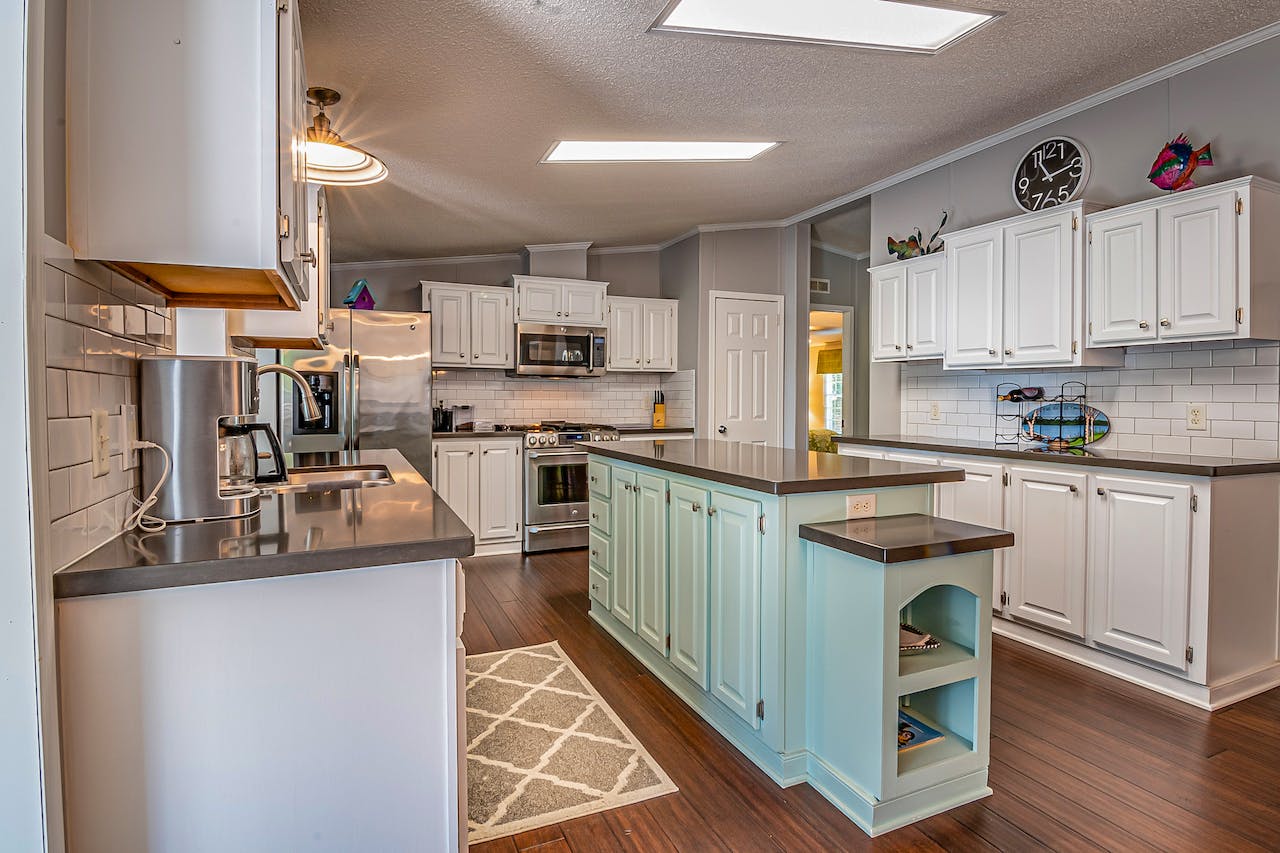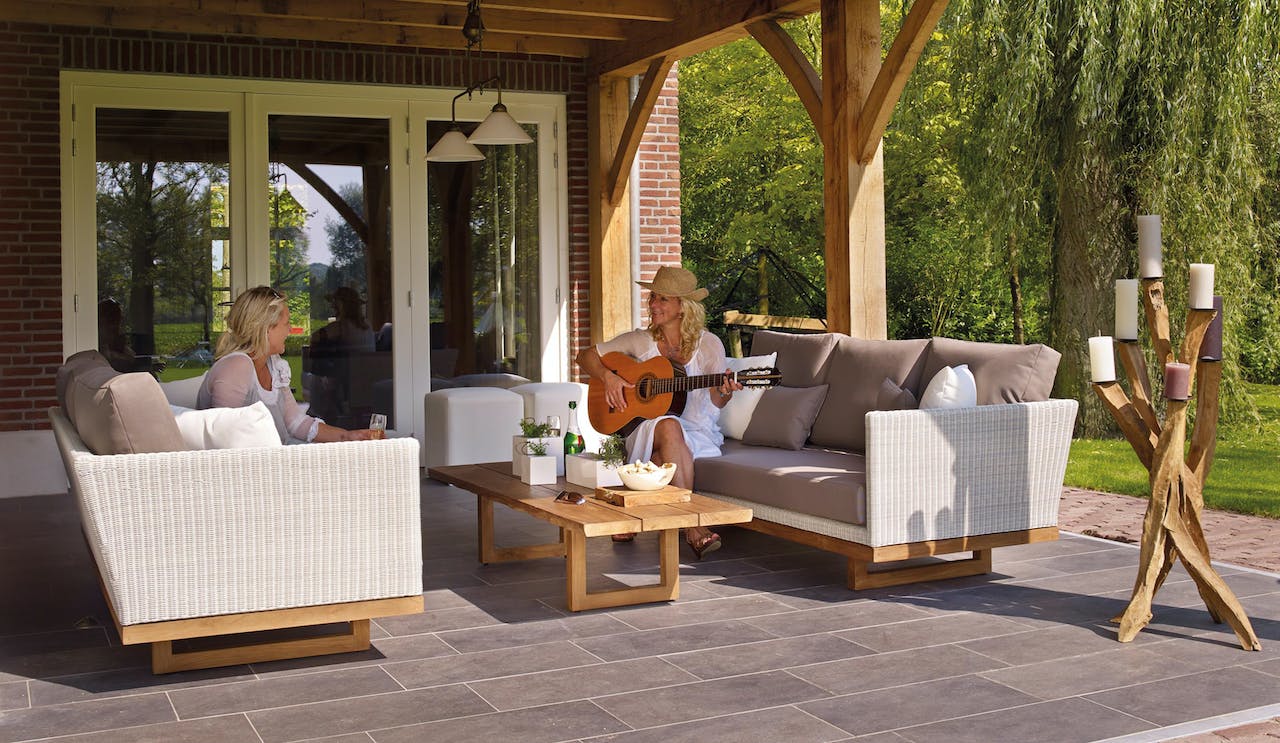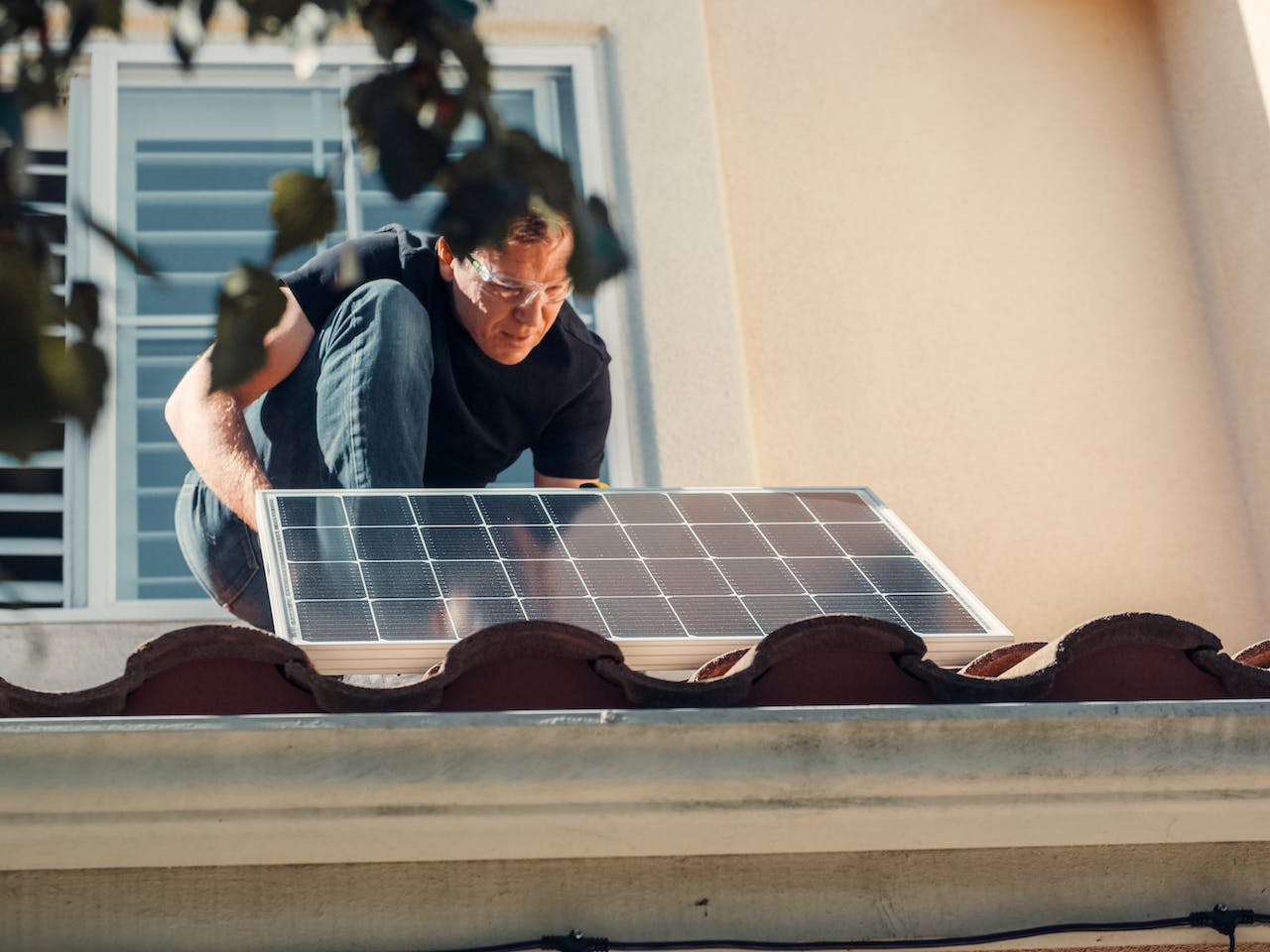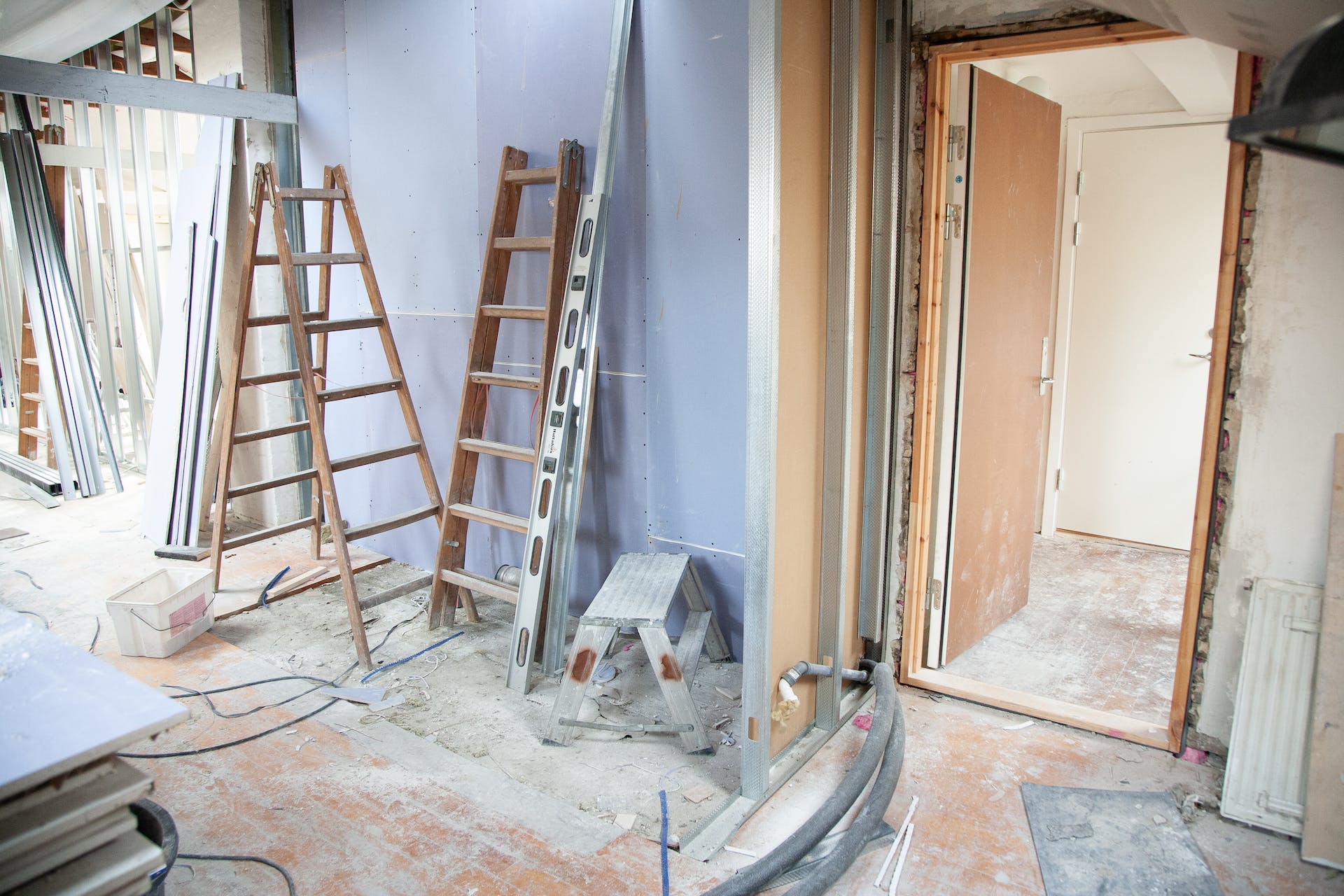Home renovation projects are a great way to increase the value of your property while making it more comfortable and functional for you and your family. However, not all home improvements yield the same return on investment (ROI). Some upgrades may be costly and time-consuming but may only add minimal value to your home. If you’re planning to renovate your home with the intention of increasing its value, it’s important to prioritize which projects will give you the highest ROI. Moreover, give attention to house numbers, especially if you have a big house. This will make your house visible from the road and add to its curb appeal. Here are some home improvements that have been proven to add the most value to a property:

Consider Kitchen Remodeling
Kitchen remodeling is one of the top recommendations for increasing a home’s value. This is because the kitchen is often considered the heart of a home and is one of the most used and functional areas. Upgrading your kitchen with modern appliances, high-quality countertops, and ample storage space can significantly increase its value. You can also opt to open up the kitchen area by knocking down walls to create a more open and spacious layout, which is highly desirable for many homebuyers.
Upgrade Your Bathroom
Bathrooms have become a major selling point for homes in recent years. A home with outdated bathrooms that lack modern fixtures and amenities may not fetch the best price on the market. Investing in bathroom upgrades such as installing a new bathtub or shower, updating the vanity and sink, and adding energy-efficient features can make your home more attractive to potential buyers.

Add More Living Space
Having additional living space is always a desirable feature for homebuyers. Adding square footage to your home can significantly increase its value, which can be achieved in various ways. Consider converting an unused attic or basement into a functional living space, adding an extra bedroom or bathroom, or even building a deck or patio. These additions not only add more living space but also improve the overall functionality and appeal of your home.
Avoid Overly Personalized Upgrades
While it’s important to make your home comfortable and reflect your personal style, it’s best to avoid making overly personalized upgrades that may not appeal to a wider audience. This includes bold paint colors, unique fixtures, and highly customized features. Opt for more neutral and timeless designs that have mass appeal and can easily be changed or updated by potential buyers.

Invest in Energy-Efficient Upgrades
In today’s world, more and more homebuyers are looking for energy-efficient homes. Making your property eco-friendly can not only reduce your monthly utility bills but also significantly increase its value. This could include installing solar panels, upgrading to energy-efficient appliances, and adding insulation to improve the home’s energy efficiency.
In Conclusion
When it comes to home renovations, not all improvements are created equal in terms of return on investment. By focusing on strategic upgrades that enhance functionality, aesthetics, and energy efficiency, you’re not just improving your living space. You’re increasing the value of your home. Choose your renovations wisely and watch your home’s value soar.…



